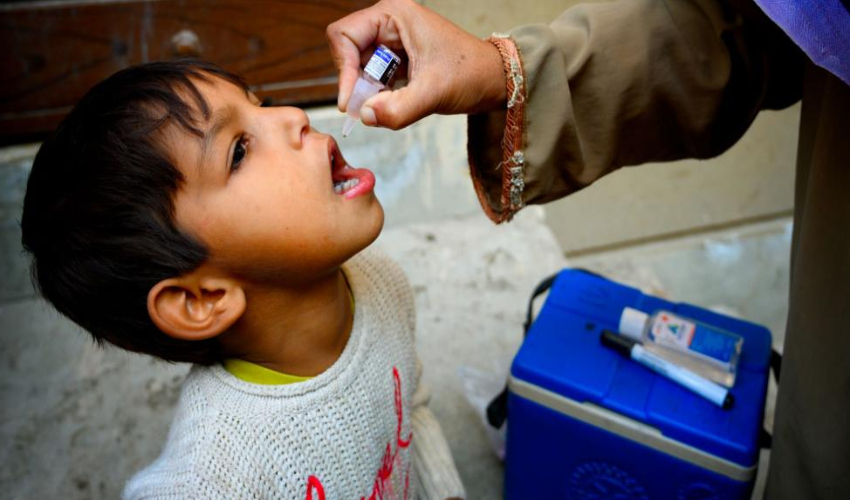As coffee remains one of the world’s most consumed beverages, researchers have been probing its effects on heart health. A series of recent studies presents mixed findings, suggesting that while moderate coffee intake may offer protective benefits, excessive caffeine consumption could pose risks.
Recent studies shed light on coffee’s potential impact on cardiovascular health, sparking renewed interest and nuanced perspectives.
Moderate coffee intake lowers diabetes, heart disease risk
A study from the Journal of Clinical Endocrinology & Metabolism found that consuming 200–300 mg of caffeine daily—about 2-3 cups of coffee—may lower the risk of type 2 diabetes, coronary heart disease, and stroke by up to 48%.
Registered dietitian Melanie Murphy Richter highlighted caffeine's role in enhancing insulin sensitivity, which supports heart health, while interventional cardiologist Dr. Cheng-Han Chen noted the potential benefits from coffee’s other compounds like flavonoids and polyphenols.
Excessive caffeine linked to increased cardiovascular risk
Another study presented at the ACC Asia 2024 Conference in India linked high caffeine consumption (around 400 mg or four cups of coffee daily) with an elevated risk of hypertension and cardiovascular events. Lead researcher Dr. Nency Kagathara warned that chronic caffeine intake could impact the autonomic nervous system, raising heart disease risks.
Stroke risk varies by beverage and quantity
Research published in the Journal of Stroke found that more than four cups of coffee daily may increase stroke risk by 37%. However, moderate coffee and tea intake (3-4 cups of black tea daily) was associated with a reduced stroke risk, showing regional differences in outcomes.
New study finds no link between coffee and arterial stiffness
A study by Queen Mary University of London reported no significant differences in arterial stiffness between individuals consuming high or low coffee quantities. This suggests that moderate to high coffee intake may not harm vascular health as once feared. Researchers noted that average intake in the study’s high-consumption group was five cups per day, with some participants drinking up to 25 cups.
Experts’ perspectives
Professor Metin Avkiran from the British Heart Foundation emphasized that while coffee’s effects on heart health vary, the recent findings offer reassurance against fears of arterial stiffness from regular coffee intake.
Still, moderation remains key. Dr. Christopher Yi, a vascular surgeon, advised that “moderation is safer than excessiveness” due to coffee’s complex effects.
These findings underscore that while coffee may provide certain health benefits, excessive consumption could negate them, especially for those with existing heart conditions or hypertension. Researchers continue to explore safe caffeine limits to guide health-conscious coffee drinkers.



























